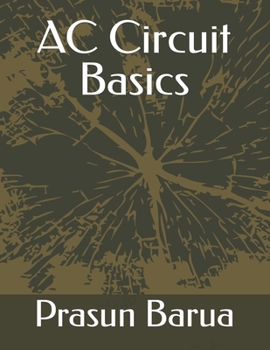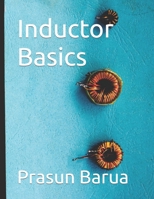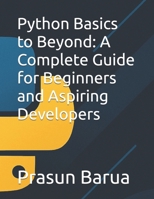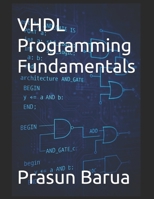AC Circuit Basics
Select Format
Select Condition 
Book Overview
Welcome to AC Circuit Basics! This is a nonfiction science book which contains various topics on basics of AC circuits. Full form of AC is Alternating Current. AC circuits are powered by alternating source, either voltage or current. Electric current periodically reverses directions and changes its magnitude continuously in Alternating Current (AC). It is used for industrial and domestic purposes. This book contains various topics like Theory Of AC Waveform And AC Circuit, Sinusoidal Waveforms, Phase Difference And Phase Shift, Phasor Diagrams And Phasor Algebra, Complex Numbers And Phasors, AC Resistance And Impedance, AC Inductance And Inductive Reactance, AC Capacitance And Capacitive Reactance, Analysis Of Series RLC Circuit, Analysis Of Parallel RLC Circuit, Series Resonance Circuit, Parallel Resonance Circuit, RMS Voltage, Average Voltage, Reactive Power, Harmonics, Passive Components In AC Circuits, Power In AC Circuits, Power Triangle And Power Factor, Power Factor Correction and Impedance And Complex Impedance. This is the first edition of the book. Thanks for reading the book.
Format:Paperback
Language:English
ISBN:B0B9QMJHKW
ISBN13:9798847117531
Release Date:August 2022
Publisher:Independently Published
Length:288 Pages
Weight:1.48 lbs.
Dimensions:0.6" x 8.5" x 11.0"
More by Prasun Barua
Customer Reviews
16 customer ratings | 5 reviews
There are currently no reviews. Be the first to review this work.
Logical Chess: Move By Move: Every Move Explained New Algebraic Edition Mentions in Our Blog

In the Game of Life, Play Chess, Not Checkers
Published by William Shelton • December 08, 2020
For people unfamiliar with the game of chess, they can often be intimidated or bored by the prospect of trying it, but we know more about the game than we recognize, and we often "play" the game more than we realize. Luckily, the rules and strategies have been covered by several experts in books, and beyond that, the elements of the game can be understood through literature like that of Machiavelli. Learn more about this fascinating game with these book picks.











































